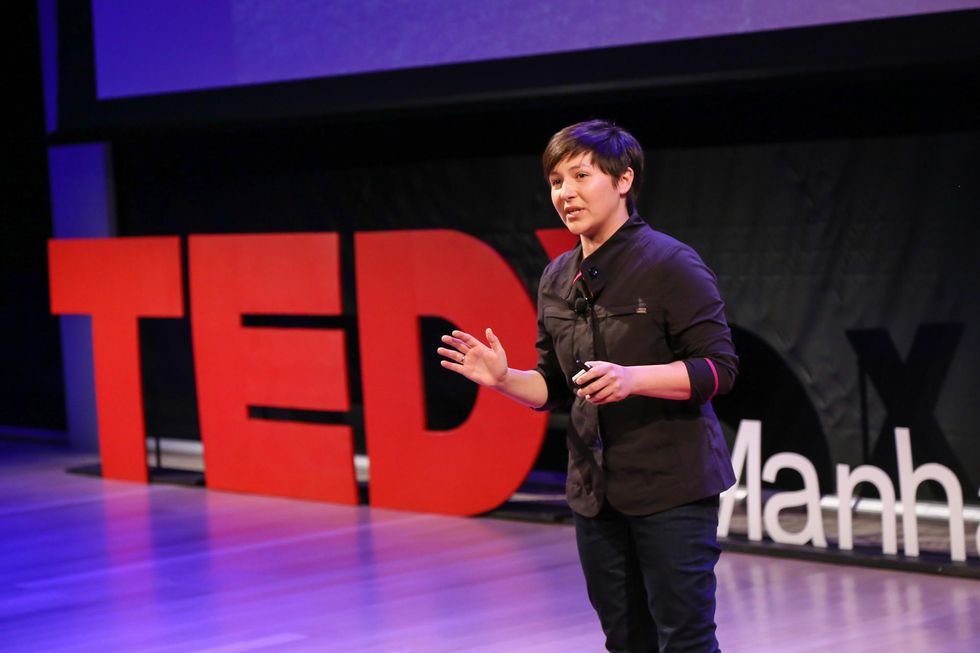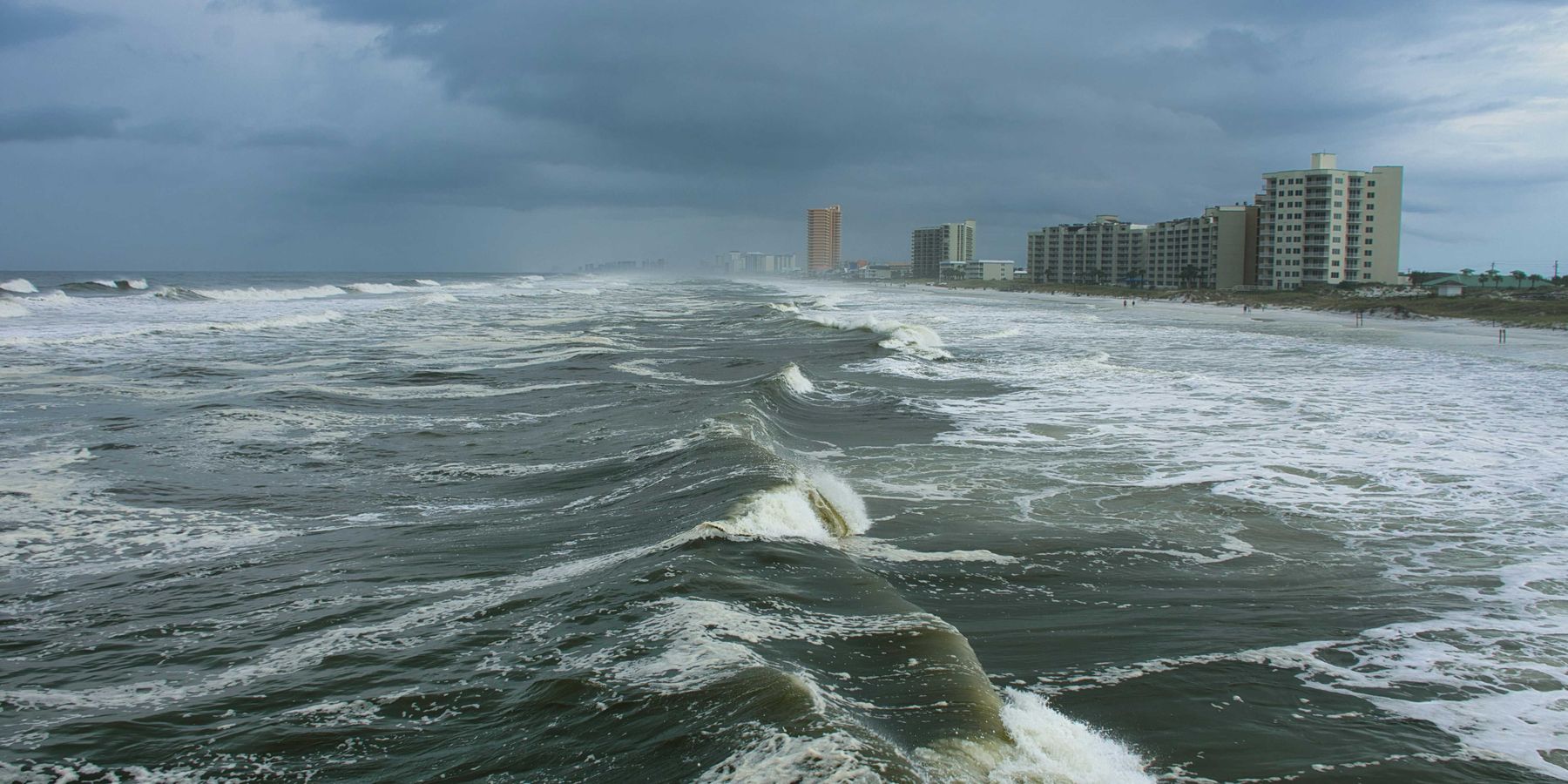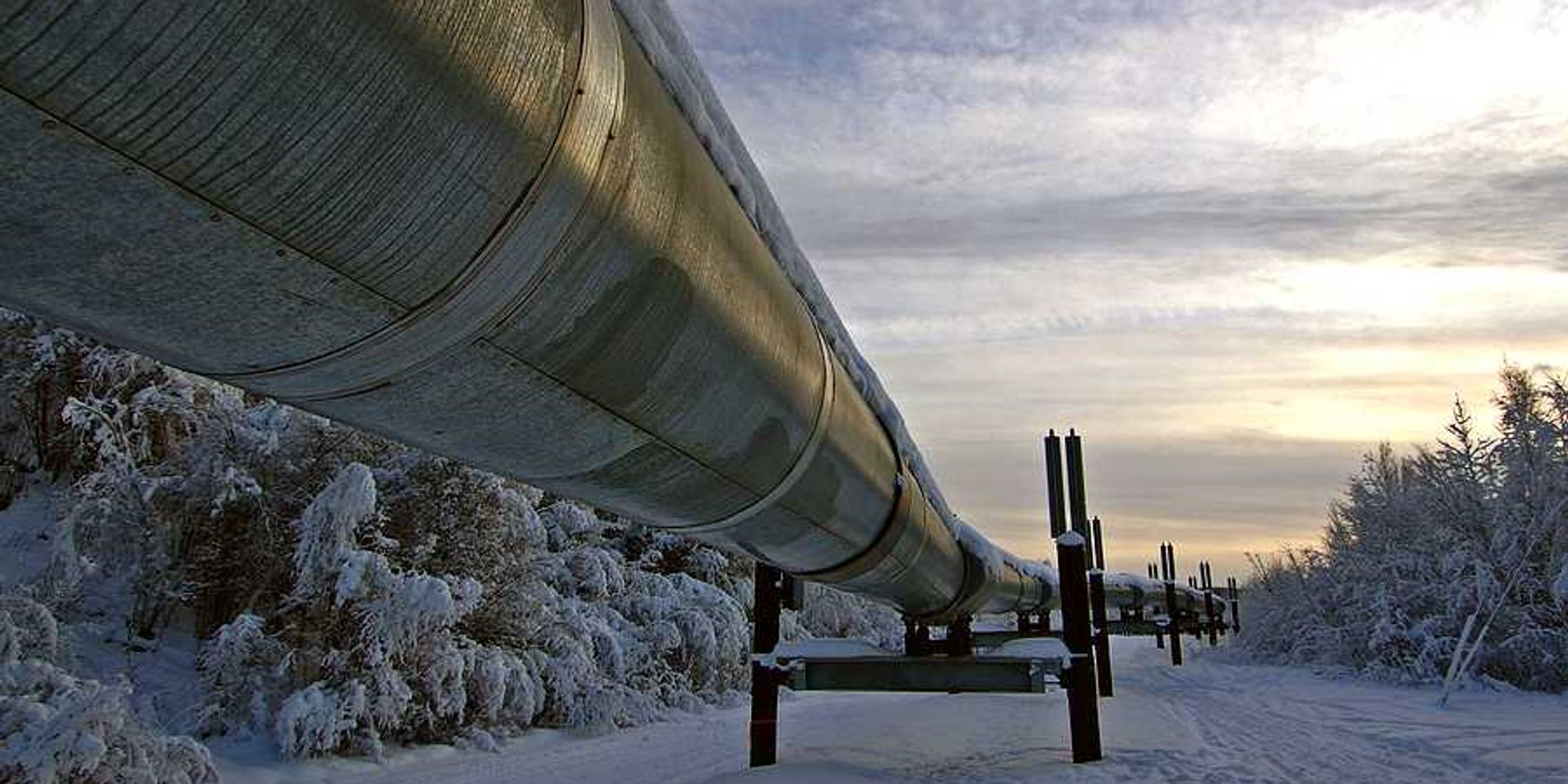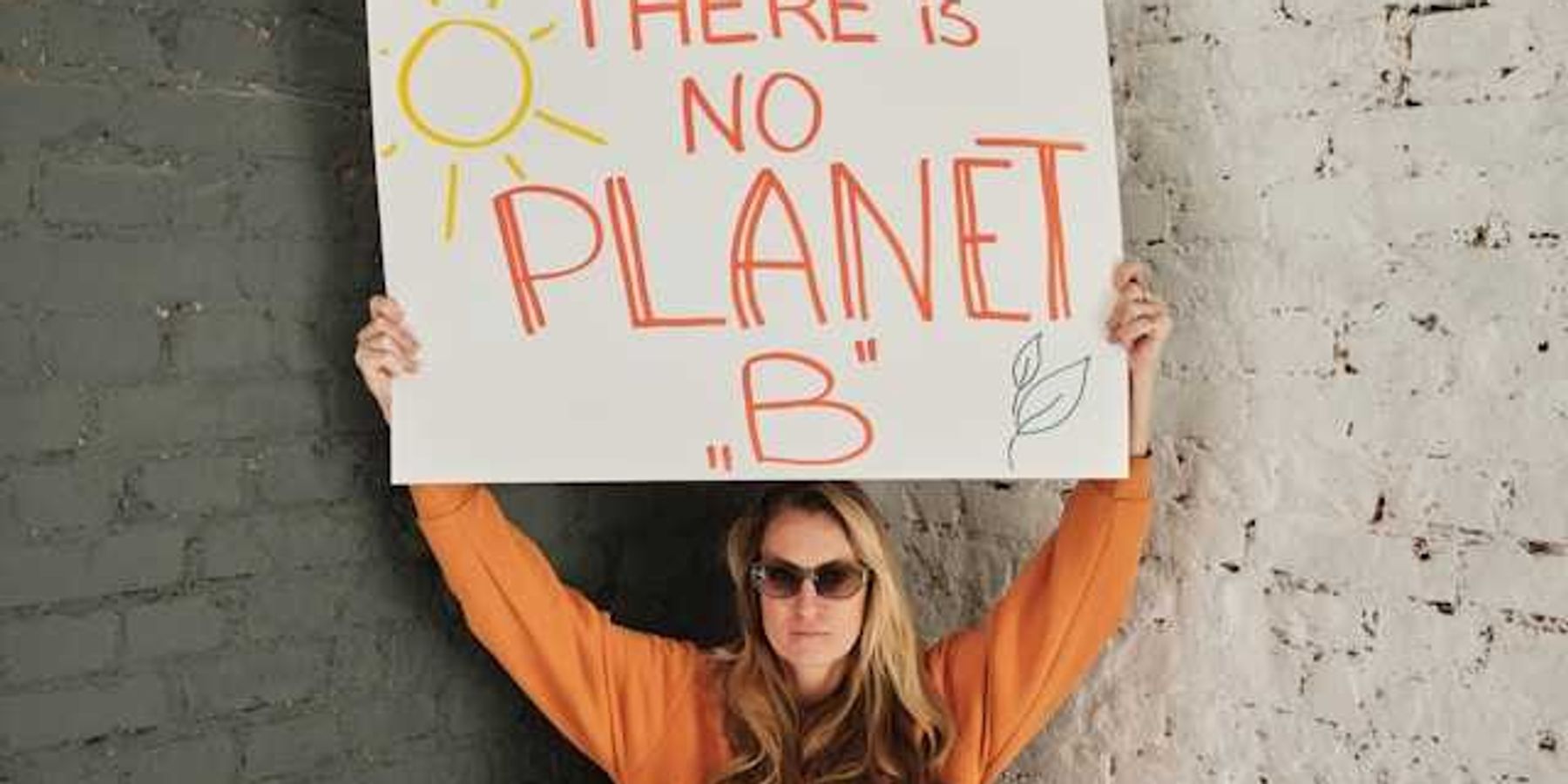Climate, justice, and the deep roots of regenerative farming
Female farmers of color are reviving ancestral methods of growing food and reclaiming their communities’ relationship to land.
Editor’s note: This is an excerpt from Healing Grounds: Climate, Justice, and the Deep Roots of Regenerative Farming by Liz Carlisle. Reproduced by permission of Island Press, Washington, D.C.
Nikiko Masumoto is optimistic. The third generation to farm her family’s certified organic orchard in California’s Central Valley, the 36-year-old queer feminist performance artist–peach grower is well aware that hers isn’t the face that people typically imagine when they conjure up an image of a farmer.
But she is working to change that, to build an agrarian culture that fully embraces diversity both on the land and in the community. Part of that work involves situating herself in her own family legacy on the land.
“Whenever I begin conversations about myself and my relationship to the land, it’s always through my grandparents and great-grandparents who touched this same soil,” Masumoto says. “There is a gift of that, which is thinking of my life in a lineage that is much more important than my own individual life.”
This sense of connecting across generations is central to regenerative agriculture, Masumoto believes. “So many of the methods that develop soil take time—the horizon is long. When you’re wanting to leave a farm to several generations in the future you have a vested interest in taking up those practices.”
But digging into her family’s history is also a painful and complicated process. Discriminated against as immigrants, Masumoto’s great-grandparents never owned the land they worked. What little savings they had built up was lost during Japanese American internment, when some 120,000 people—most of them US citizens—were incarcerated for years simply for the crime of their Japanese descent. So Masumoto’s grandparents had to start from scratch, eking out a living on marginal land as they gradually built up the soil.

“We are the ones that the world needs in this climate crisis,” Masumoto says, referring not just to Japanese Americans but to other communities of color who have experienced oppression. “Because we have those stories, we have that sense of fighting against the impossible.”
As I continued my research, I heard Masumoto’s sentiments echoed dozens of times. From Hawai‘i to New York, Montana to Puerto Rico, young farmers and scientists of color were reviving ancestral regenerative farming traditions in a self-conscious effort to respond to climate change and racial injustice in tandem. These farmers and scientists understood regenerative agriculture not as a menu of discrete, isolated practices from which one could pick and choose and then tally up into a sustainability score. Rather, they saw regenerative agriculture as their ancestors had—as a way of life.
“For me agroforestry is not just about figuring out how to minimize your impact and still grow food within that system,” says Olivia Watkins, who is farming mushrooms in the understory of forested land in North Carolina that has been in her family for more than 130 years.
“There are so many pieces involved in growing food that don’t just have to do with the crop itself. The fungi in the soil. The wildlife in the area. How does water fall on the land? All those things are intertwined, so for me, the question is always, how can I be mindful of all those things?”
Watkins is equally mindful that she’s conserving not only forest but also Black-owned land, which her family resolutely held on to over the course of a century when 98% of Black landowners were dispossessed.
“With the history of oppression around land, the fact that we are stewarding the land and taking care of it is revolutionary,” Watkins says.
On Watkins’s and Masumoto’s farms, what’s being regenerated is not just soil but a complex web of relationships. As both women described to me, this form of regenerative agriculture can only be fully realized when the entire web is repaired so that the interconnected parts can function as a whole. This means attending to a component of the farm often left out of scientific discussions: people.
“I get pissed sometimes at ecologists,” says University of California, Irvine researcher Aidee Guzman, “because they forget that people are involved in stewarding these systems.” Guzman is herself an ecologist—she studies soil microbial activity and pollination on farms—but she’s also the child of farmworkers who left their small farm in Mexico to immigrate to the US. When she looks at California’s Central Valley, she sees thousands of people like her parents—people who have both the knowledge and the desire to steward regenerative farms, if only they had the opportunity.
“We have to stop and think about the fact that farmworkers here in the US, people who were brought over from Africa and enslaved, they left their farms, probably extremely biodiverse farms,” Guzman says.
Masumoto, who grew up just an hour away from Guzman, agrees. “Structured inequality in farmworker lives infringes on people’s right to think about the future,” Masumoto laments. “The very people who have the skills right now [to implement regenerative agriculture] are the very people who we have marginalized the most in this country.”
In short, truly regenerating the web of relationships that support both our food system and our planet is going to take more than compost. We’re going to have to question the very concept of agriculture, and the bundle of assumptions that travel with the English word farm.
What is the objective of this activity? To convert plants into money? Or to foster the health of all beings?

Liz Carlisle is an assistant professor in the Environmental Studies Program at UC Santa Barbara, where she teaches courses on food and farming, and the author of Healing Grounds: Climate, Justice, and the Deep Roots of Regenerative Farming, published by Island Press.
Banner photo: An urban farm in Ghana. (Credit: IWMI Flickr Photos)













